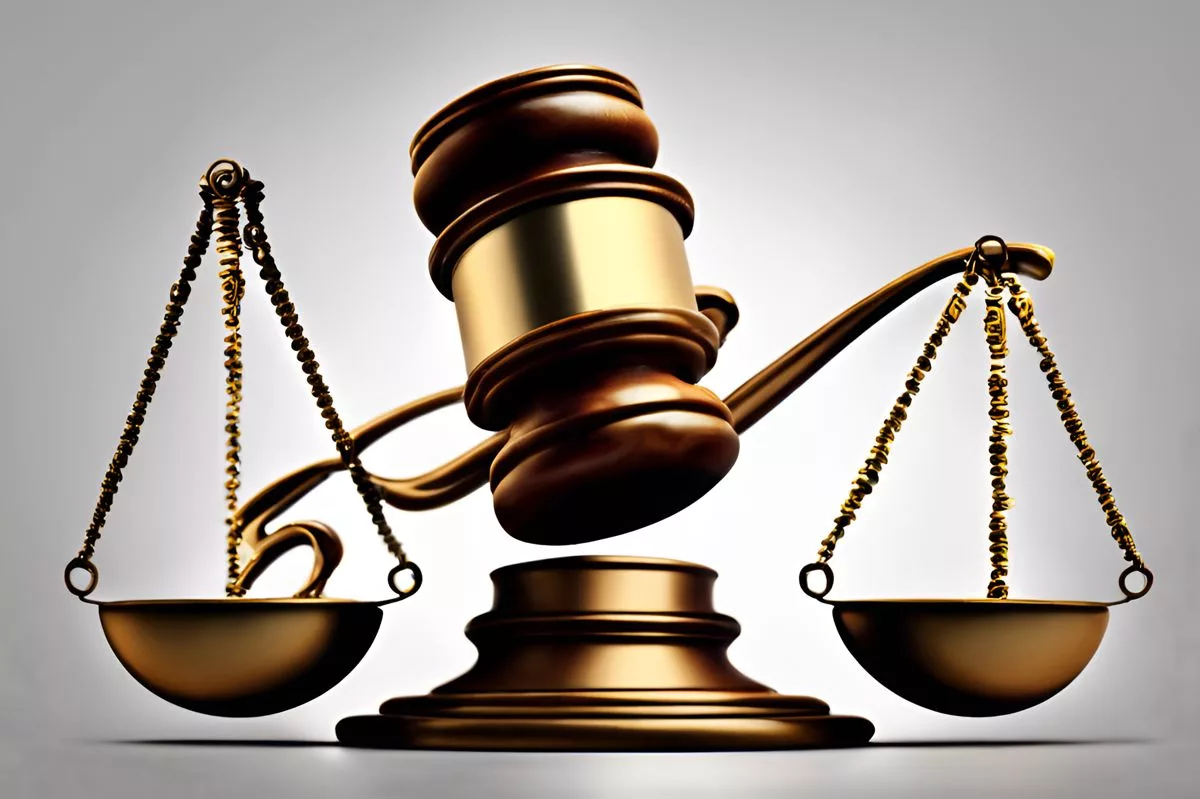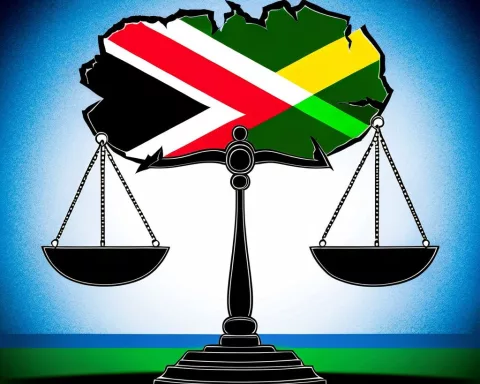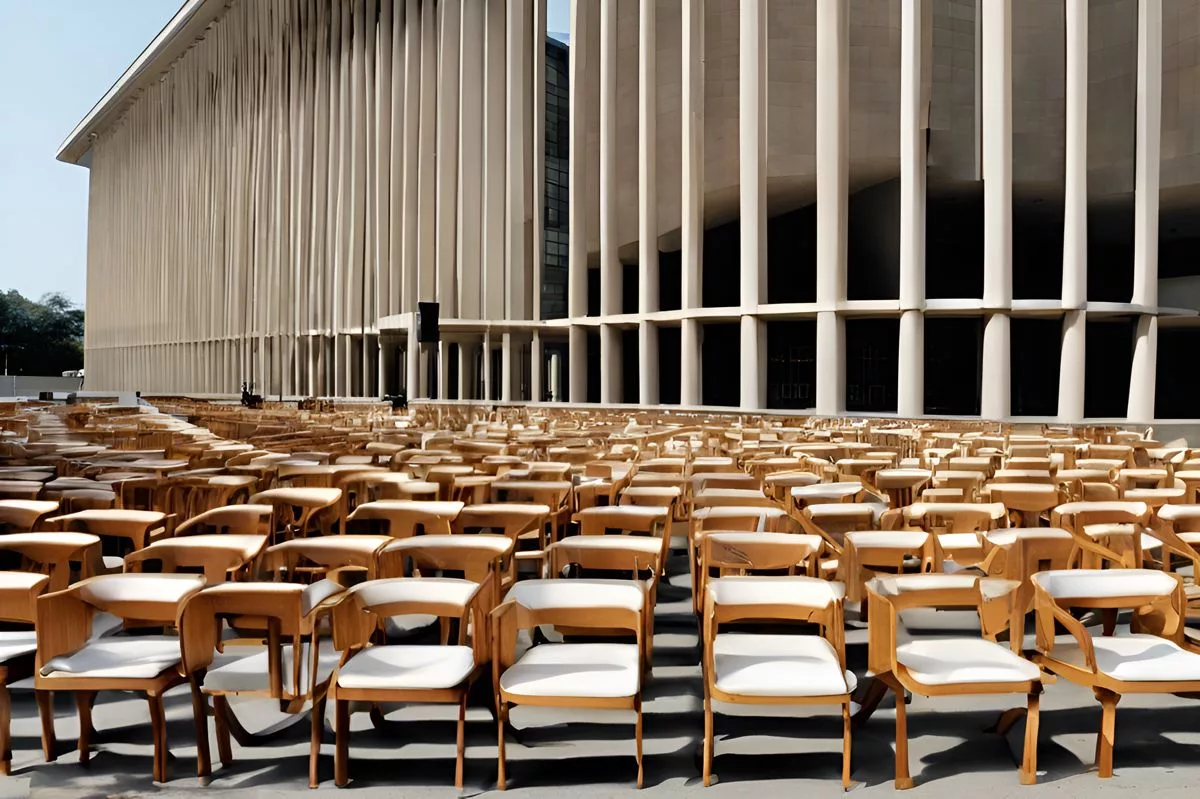In the colorful world of South African politics, Advocate Busisiwe Mkhwebane’s recent social media comments have sparked a lively debate about the duties of public officials. These officials, as guided by the Constitution, must respect dignity, equality, and unity, balancing their personal opinions with their public responsibilities. Mkhwebane’s remarks, seen by many as unfair criticism of Parliament’s legal advisors, highlight the importance of maintaining trust and integrity in democracy. The incident reminds everyone that while social media can amplify voices, it also comes with the responsibility to uplift and protect democratic values. As South Africa continues its journey toward inclusivity, the role of Parliament in upholding these ideals remains crucial.
What are the key responsibilities of public officials in South African politics?
Public officials in South Africa must uphold democratic values, including dignity, equality, and respect, as mandated by the Constitution. They should balance personal expression with their public roles, ensuring that their comments foster unity and trust while maintaining the integrity of democratic institutions.
A Catalyst for Debate
In the lively realm of South African politics, Advocate Busisiwe Mkhwebane’s recent comments on social media have ignited widespread debate. Her statements, which focused on the legal advisors of Parliament, have stirred both controversy and discussion about the obligations of public figures. This incident prompts crucial reflections on how to balance the freedom of speech with the need to uphold the dignity of democratic institutions.
Advocate Mkhwebane, who once served as South Africa’s Public Protector, has never avoided the public eye. Her career, characterized by numerous high-profile cases, frequently places her under scrutiny. As a public figure and a member of Parliament, her words carry significant influence, shaping both public opinion and parliamentary discussions. This brings us to the heart of the issue at hand—her recent remarks, perceived by many as an attack on the integrity of Parliament’s legal advisors, were dismissed by the institution as unwarranted and baseless.
The legal advisors, including the Chief Parliamentary Legal Advisor and the Evidence Leader of the Section 194 Committee, have shown steadfast dedication and commitment in their service to Parliament. In the volatile and dynamic arena of politics, their roles are vital in ensuring that legal processes are grounded in fairness and integrity. Their expertise in navigating the complex legal landscape in which Parliament operates is invaluable. The unfounded criticisms aimed at them not only undermine their professional contributions but also threaten the essential respect vital for a healthy democracy.
Upholding Democratic Values
Exploring the responsibilities of public officials further, the South African Constitution stands as the cornerstone of the nation’s democracy, demanding its representatives to uphold values of dignity, equality, and respect. These values form the bedrock of democratic principles. As a public representative, Advocate Mkhwebane is charged with embodying these principles and safeguarding them in her words and actions. Her use of racial slurs and derogatory language in recent comments runs counter to these constitutional values, highlighting the delicate balance officials must maintain between personal expression and their public roles.
The episode also highlights the broader role of social media in contemporary politics. Platforms like Twitter and Facebook amplify voices, allowing information and opinions to spread rapidly. While this democratizes discourse and brings diverse viewpoints to the forefront, it also necessitates a heightened awareness of responsibility. Public figures, particularly, must navigate this digital environment cautiously, ensuring that their words do not incite division or erode public trust.
Advocate Mkhwebane’s choice to seek legal recourse by approaching the courts following the Section 194 Committee’s conclusions is significant. It underscores the checks and balances within South Africa’s legal system, where decisions are subject to scrutiny and aggrieved parties have avenues to seek justice. However, the court’s decision to dismiss her case further reinforces the robustness of parliamentary processes and the integrity of its advisors.
Parliament’s Response and Role
Parliament’s response to these developments has been assertive, reaffirming its commitment to a non-racial, non-sexist, democratic society. This dedication is not merely aspirational; it serves as a guiding principle for the legislative body’s actions and policies. In a nation with a complex history of racial division and the struggle for equality, Parliament’s reaffirmation is particularly significant. The commitment to upholding these ideals is a testament to South Africa’s ongoing progress toward a more inclusive society.
The significance of Parliament’s authority cannot be overstated. As an institution, it holds the power to summon individuals and entities, ensuring that accountability and transparency remain central to its operations. This authority is crucial for maintaining public trust and ensuring that every action undertaken by Parliament aligns with the nation’s democratic values.
Opportunities for citizen engagement with Parliament are plentiful. Individuals can arrange tours, attend debates, and participate in parliamentary processes. Such involvement fosters a deeper understanding of how the legislative body functions and its crucial role in shaping national policy.
Exemplary Leadership and Democratic Journey
Ms. Rachel Cecilia Adams of the African National Congress stands out as a notable parliamentary figure contributing to this mission. As a member of committees focused on land reform, rural development, and issues affecting women, youth, and persons with disabilities, Ms. Adams exemplifies the diverse and inclusive representation that Parliament strives to promote. Her work illustrates how parliamentary committees address issues impacting various facets of South African society.
Reflecting on these events, the role of Parliament as a beacon of democracy becomes apparent. Its function extends beyond legislation to embody the values of the nation it represents. As South Africa continues its democratic journey, the importance of maintaining the integrity and dignity of its institutions remains paramount. The incidents surrounding Advocate Mkhwebane serve as a reminder of the ongoing need for vigilance in protecting the foundational principles of democracy, ensuring that the nation’s path forward remains true to its core values.
“`markdown
FAQ
What sparked the recent debate in South African politics involving Advocate Busisiwe Mkhwebane?
Advocate Busisiwe Mkhwebane’s comments on social media regarding Parliament’s legal advisors ignited a lively debate about the responsibilities of public officials. Her remarks were perceived by many as unfair criticism, which raised questions about the balance between personal opinion and the duty to uphold democratic values.
What are the core responsibilities of public officials in South Africa?
Public officials in South Africa are required to uphold democratic values such as dignity, equality, and respect as outlined in the Constitution. They must navigate their personal opinions carefully, ensuring that their public statements promote unity and trust while maintaining the integrity of democratic institutions.
How does social media influence the discourse in South African politics?
Social media platforms like Twitter and Facebook amplify public voices, allowing for rapid dissemination of information and diverse opinions. However, this also brings greater responsibility for public figures, who must be cautious to avoid inciting division or eroding public trust through their comments.
What has been Parliament’s response to Mkhwebane’s criticisms?
Parliament has responded assertively, reaffirming its commitment to a non-racial, non-sexist, democratic society. This response emphasizes the institution’s dedication to maintaining trust and integrity while also protecting the essential respect necessary for a healthy democracy.
How do legal advisors in Parliament contribute to the integrity of democratic processes?
Legal advisors, including the Chief Parliamentary Legal Advisor, play a crucial role in ensuring that legal processes within Parliament are fair and grounded in integrity. Their expertise helps navigate the complex legal landscape, and unfounded criticisms against them threaten the respect and credibility of democratic institutions.
What opportunities exist for citizen engagement with Parliament in South Africa?
Citizens have numerous ways to engage with Parliament, including arranging tours, attending debates, and participating in parliamentary processes. Such involvement promotes a deeper understanding of how the legislative body operates and its significant role in shaping national policy.
“`












